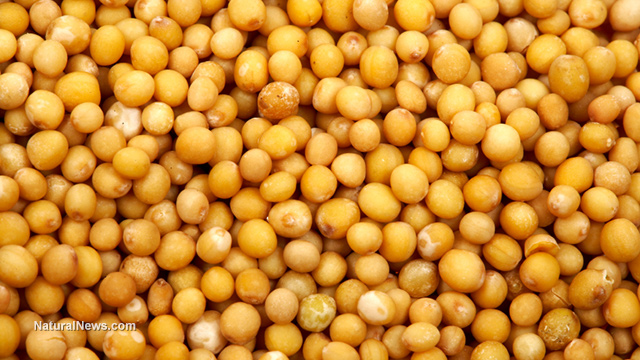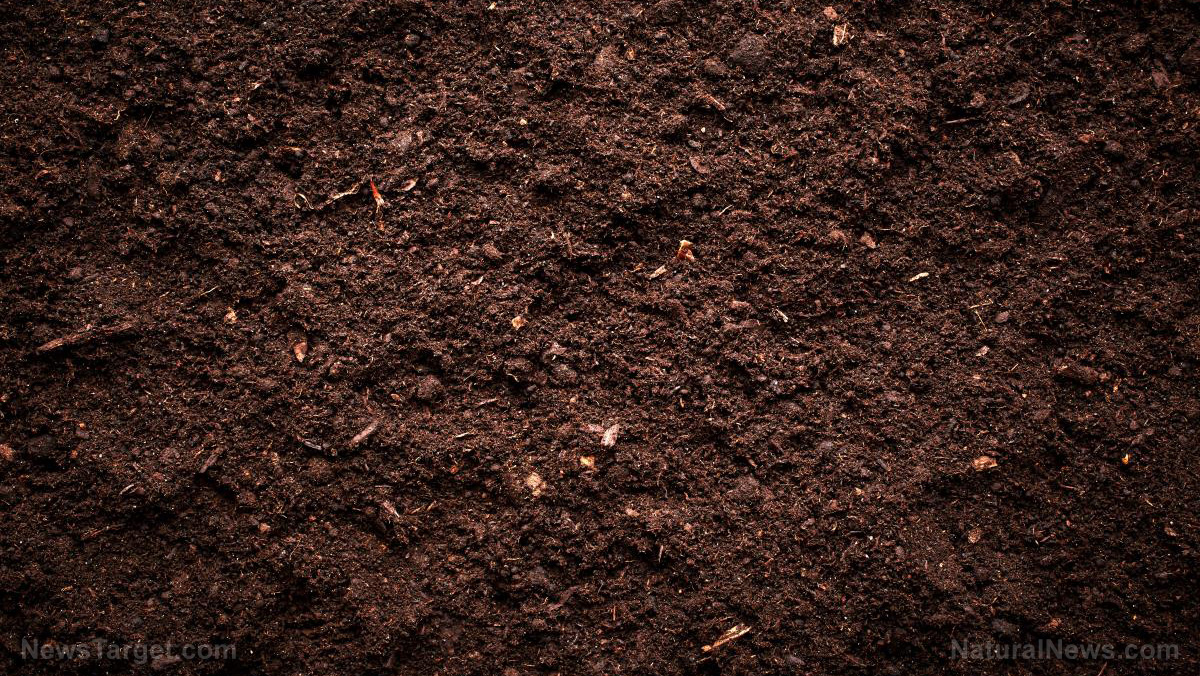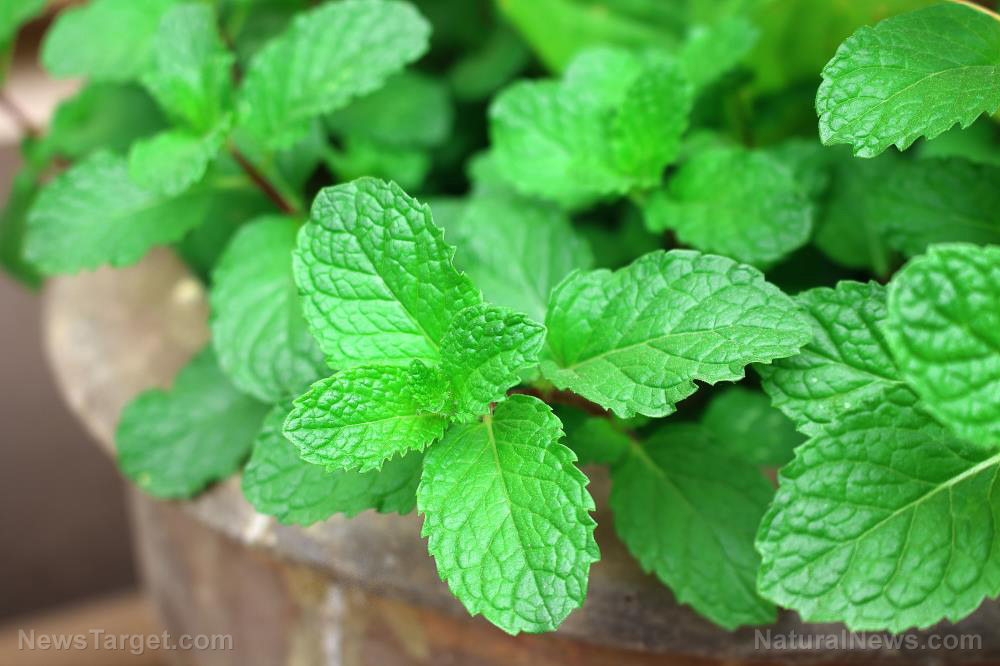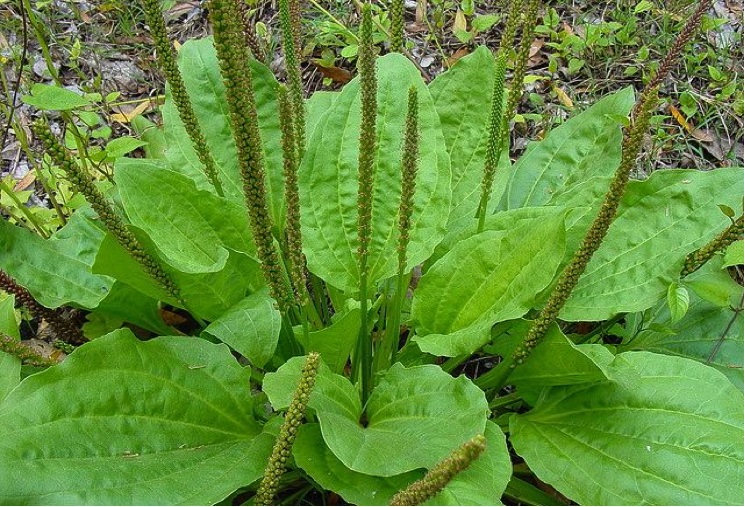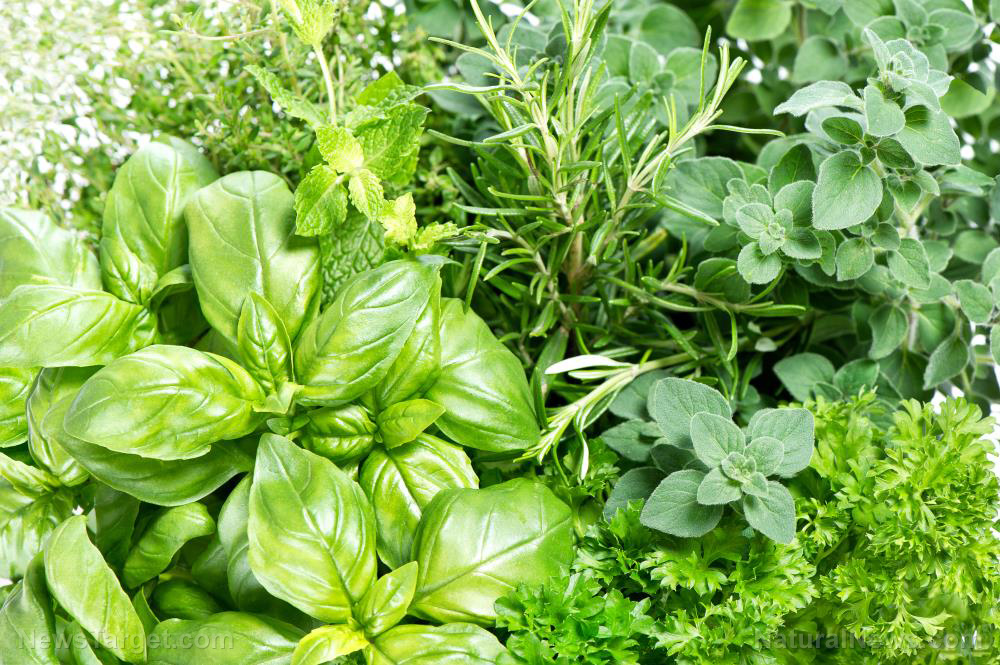Silicon amendments proven useful for maize crops grown under salt stress conditions
10/16/2018 / By RJ Jhonson

Soil salinity is a growing concern because of its impact on agriculture and, consequently, food production. Researchers, in a study published in the journal Archives of Agronomy and Soil Science, investigated the benefits of amending saline soil with silicon as a way to facilitate plant survival and growth.
- The researchers employed a sand culture experiment where they planted two maize cultivars in small pots with two levels (0 and 2 mM) of silicic acid (H2SiO3) and two levels (0 and 60 mM) of salt (NaCl).
- They observed that heightened salinity resulted in decreases in dry matter yield and the concentration of potassium (K) in both cultivars tested. Signs of impaired photosynthetic apparatus, such as photochemical inefficiency, were also noted.
- Amendment with silicon caused improvements in both dry matter yield and water use efficiency (WUE). The concentration of Na in the roots also decreased, while the concentration of K increased. Furthermore, the scientists noted improvements in the electron transport chain, indicating photochemical efficiency.
The researchers concluded that silicon amendment gives plants a higher chance of survival in environments that are salt-challenged.
Learn more about optimal farming conditions at Harvest.news.
Journal Reference:
Khan WUD, Aziz T, Hussain I, Ramzani PMA, Reichenauer TG. SILICON: A BENEFICIAL NUTRIENT FOR MAIZE CROP TO ENHANCE PHOTOCHEMICAL EFFICIENCY OF PHOTOSYSTEM II UNDER SALT STRESS. Archives of Agronomy and Soil Science. 2016;63(5):599–611. DOI: 10.1080/03650340.2016.1233322
Tagged Under: agriculture, crop yield, crops, farming, food production, harvest, home gardening, Plants, salt stress, silicic acid, Silicon, soil amendment, soil quality, soil salinity

